William R. Pettiford was a minister and banker in Birmingham, Alabama. Early in his career, he worked as a minister and teacher in various towns in Alabama, moving to the 16th Street Baptist Church in 1883 and serving there for about ten years.
Pettiford was born in Granville County, North Carolina on January 20, 1847, to William and Matilda Pettiford. His parents were free blacks and worked as farmers. As a young boy, he helped his parents on the farm and took reading lessons. About the age of ten, his parents sold their farm and moved to Person County, North Carolina, where Pettiford was able to get a tutor and more formal lessons.
On July 4, 1868, Pettiford converted to the Baptist religion and on August 3, 1868, he was baptized by Rev. Ezekiel Horton in Salisbury, North Carolina. He took the place of a clerk at the Pleasant Grove church and on July 4, 1869, he married Mary Jane Farley, daughter of Joseph Farley, but she died on March 8, 1870. He remarried to Jennie Powell on July 24, 1873, but she died September 5, 1874. He would marry a third time to Della Boyd and have three children.
Pettiford relocated to Selma, Alabama in 1869 and worked as a farm hand and teacher. He attended State Normal School at Marion, Alabama where he studied for seven years, teaching and farming in his spare time to fund his education. He took a principalship at a school in Uniontown, Alabama from which he resigned in 1877 to focus on finishing his schooling.
On March 6, 1879, he was licensed to preach at the Baptist Church in Marion, Alabama and in November 1879 he was made general financial agent by the board at the State Baptist Convention in Opelika, Alabama. In 1880, he resigned from these positions to accept the pastorate of a church at Union Springs, Alabama.
In 1895, Pettiford wrote “Divinity in Wedlock” about Christian marriage. In 1899 he was a predominant delegate at the annual meeting of the National Afro-American Council in Chicago led by Alexander Walters. In the late 1890s, Pettiford and other pastors petitioned the city to form the first public high school for African Americans in Birmingham called Industrial High School.
Pettiford was inspired by the apparent need and success of William Washington Browne’s Saving Bank of the Grand Fountain United Order of True Reformers of Richmond, Virginia to establish a local bank for the community.
sources:
http://birminghamview.com/newsletter/listid-1/mailid-34-little-known-black-history-facts-and-more-events





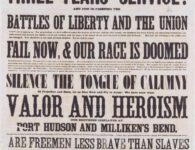
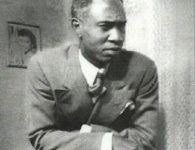



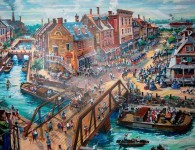
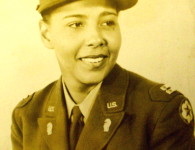

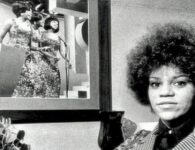
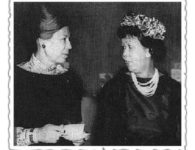
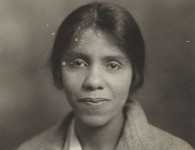
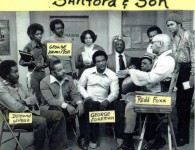

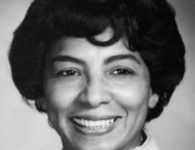
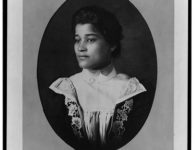

No comments